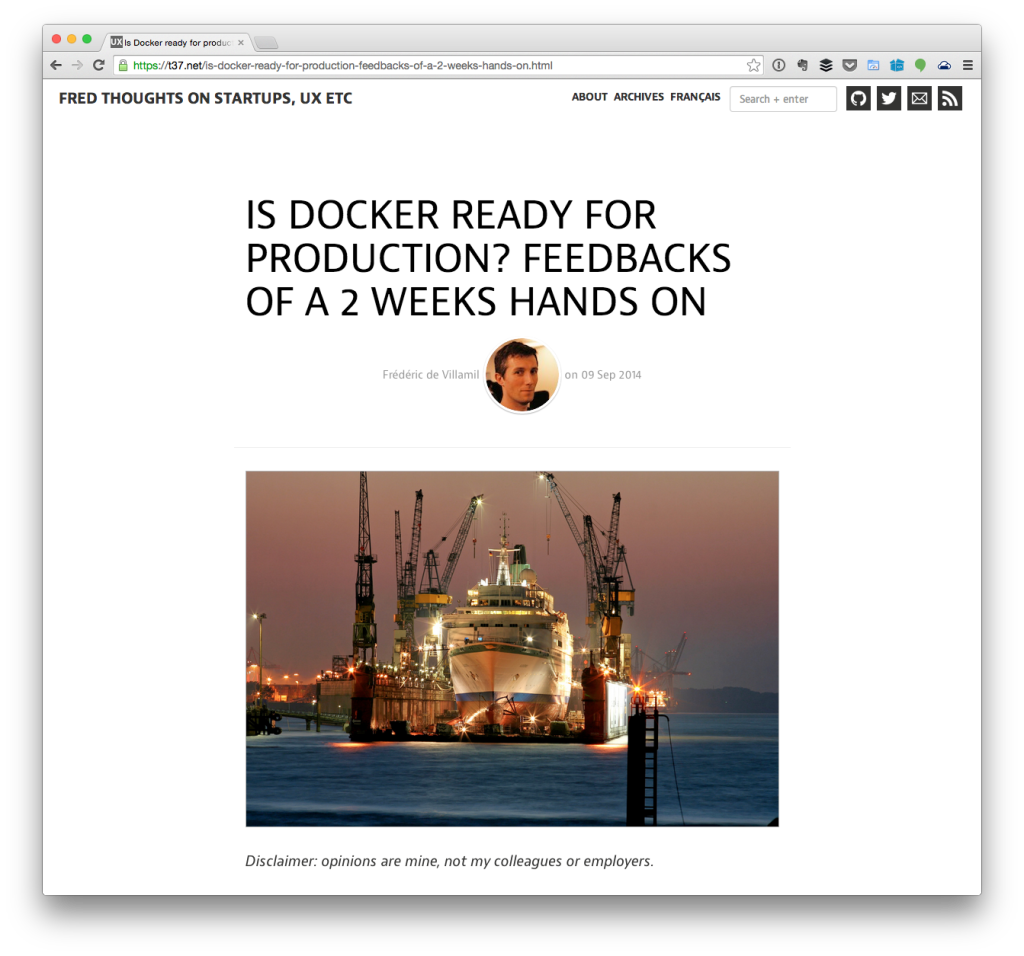One of the things that’s nice bout working with post types – custom or standard – in WordPress is that it’s really easy to hook into the serialization process in order to handle the data. This means that we have the ability to sanitize, format, read, access, modify, verify, etc. all of the data with the post type and with the post type’s meta data before it’s written to the database.
WordPress has a pretty consistent way of displaying error messages throughout the application. Really, it’s pretty consistent in how it displays all types of messages – success, updates, and errors – throughout the system.
Let’s say that you’re working with a WordPress meta box, several of its fields are required, and you want to:
- verify the input has been specified
- either display an error message if it’s not specified
- or write the data to the database if it checks out
The serialization process is pretty standard stuff, but if you’re looking to make sure required fields aren’t empty and that a error message is displayed whenever they’re not entered, then you’ll need to do some additional work.
Continue reading


